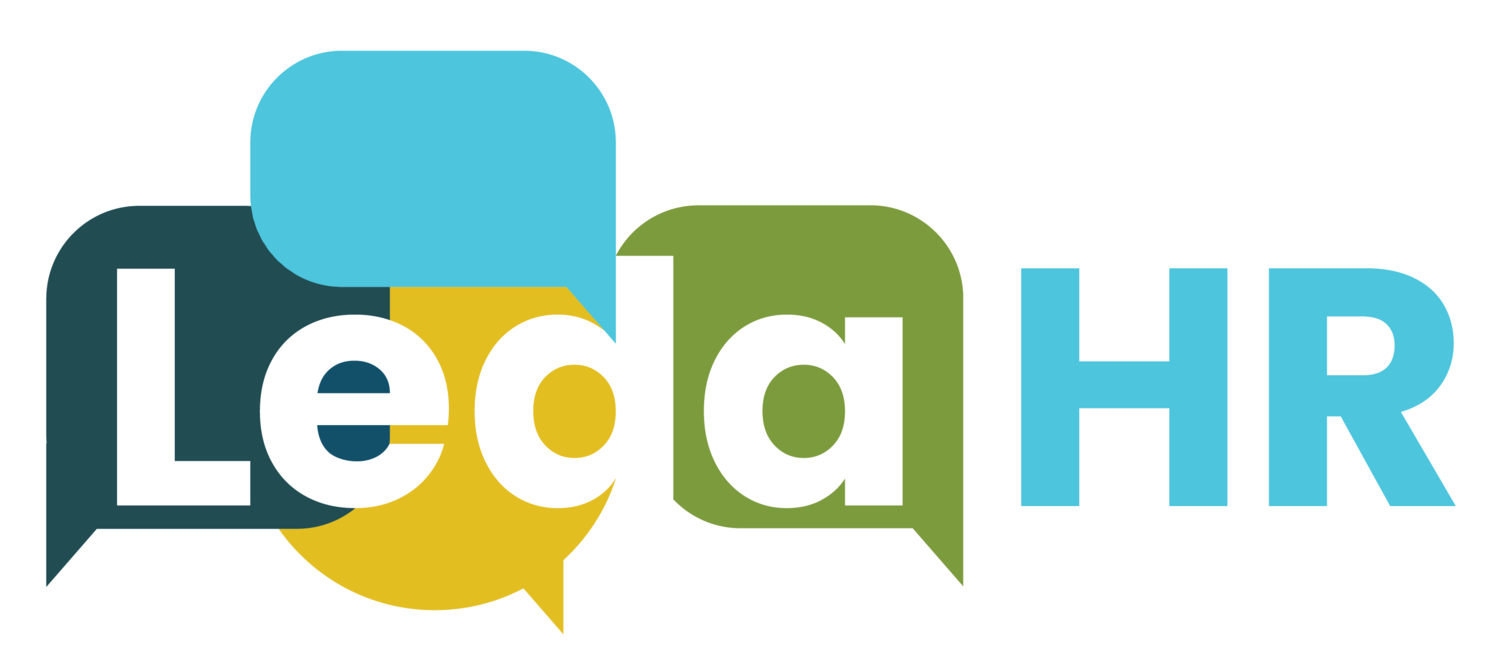National Indigenous Peoples Day
By Lindsay Bissett
“The more you want to embrace the notion that you can indeed inspire change, the more power and courage you give yourself to act in the pursuit of justice and equality” –Chief Dr. Robert Joseph
What is National Indigenous Peoples Day?
This is a day for all Canadians to recognize and celebrate the unique heritage, diverse cultures, and outstanding contributions of Indigenous Peoples: First Nations, Inuit, and Métis.
Although these groups share many similarities, they each have their own distinct heritage, languages, cultural practices, and spiritual beliefs.
In collaboration with Indigenous organizations, the Government of Canada chose June 21 to celebrate, which is the summer solstice. For generations, many Indigenous Peoples and Communities have celebrated their culture and heritage on or near this day, due to the significance of the summer solstice as the longest day of the year.
Why?
Indigenous people have faced much persecution since colonization. As mentioned in a previous blog, the best time to start (reconciliation and decolonization) would have been 100+ years ago, the next best time is right now.
We echo Reconciliation Canada's Vision, for “a vibrant Canada where all peoples achieve their full potential and shared prosperity.”
How can we move forward?
Beyond simply learning about this shared Canadian history, including residential schools, and treating people how they want to be treated, it is time to decolonize workplaces.
What does decolonizing workplaces mean? It means reversing the legacy of inequality and racism left by colonialism and remedying the unequal power dynamic it produced and continues to perpetuate.
Where to start:
Reconciliation Canada’s Guiding Principles
Everyone involved must have a demonstrated commitment to humanity.
We respect and seek a diversity of perspectives and experiences to build resilience.
This is an environment where people can learn and grow together through sharing our knowledge and experiences.
Ta7talíya Michelle Nahanee offers incredible decolonizing resources, workshops, and consulting services via Nahanee Creative Inc.
Territorial acknowledgments: Territorial acknowledgments are a way to acknowledge the deep connection that Indigenous people have to this land. It is also a way to weave in a reminder that Indigenous people have been here since the beginning of time. In BC we have the unique distinction of being on unceded land. That is to say that the land was not given, it was taken.
Psychological safety: Psychological safety means an absence of interpersonal fear. When psychological safety is present, people can more confidently speak up.
Learn more about the National Standard for psychological safety in Canada and how to implement it in your workplace.
Cultural awareness:
Want to learn more about Canada’s First Peoples? Raven Reads: Canadian History Books by Indigenous Authors has great recommendations.
Leda HR Learning offers a variety of inclusive training programs to support companies on their equity, diversity, and inclusion journey:
Intercultural Awareness
Disrupting Unconscious Bias
Inclusive Leadership for Managers
The Respectful Workplace: Beyond Compliance to True Inclusion
Organizations to support: If you are able, consider donating to Indigenous-run organizations that are supporting Indigenous communities. If financial support is not feasible right now, remember learning and sharing costs nothing.
About Lindsay Bissett:
By day Lindsay is a Wellness and Disability Management Consultant, with a flair for social media and mental health advocacy. By night she is a mother of two, green smoothie aficionado, podcast listener, and active glamper.
Follow Lindsay on social media!

